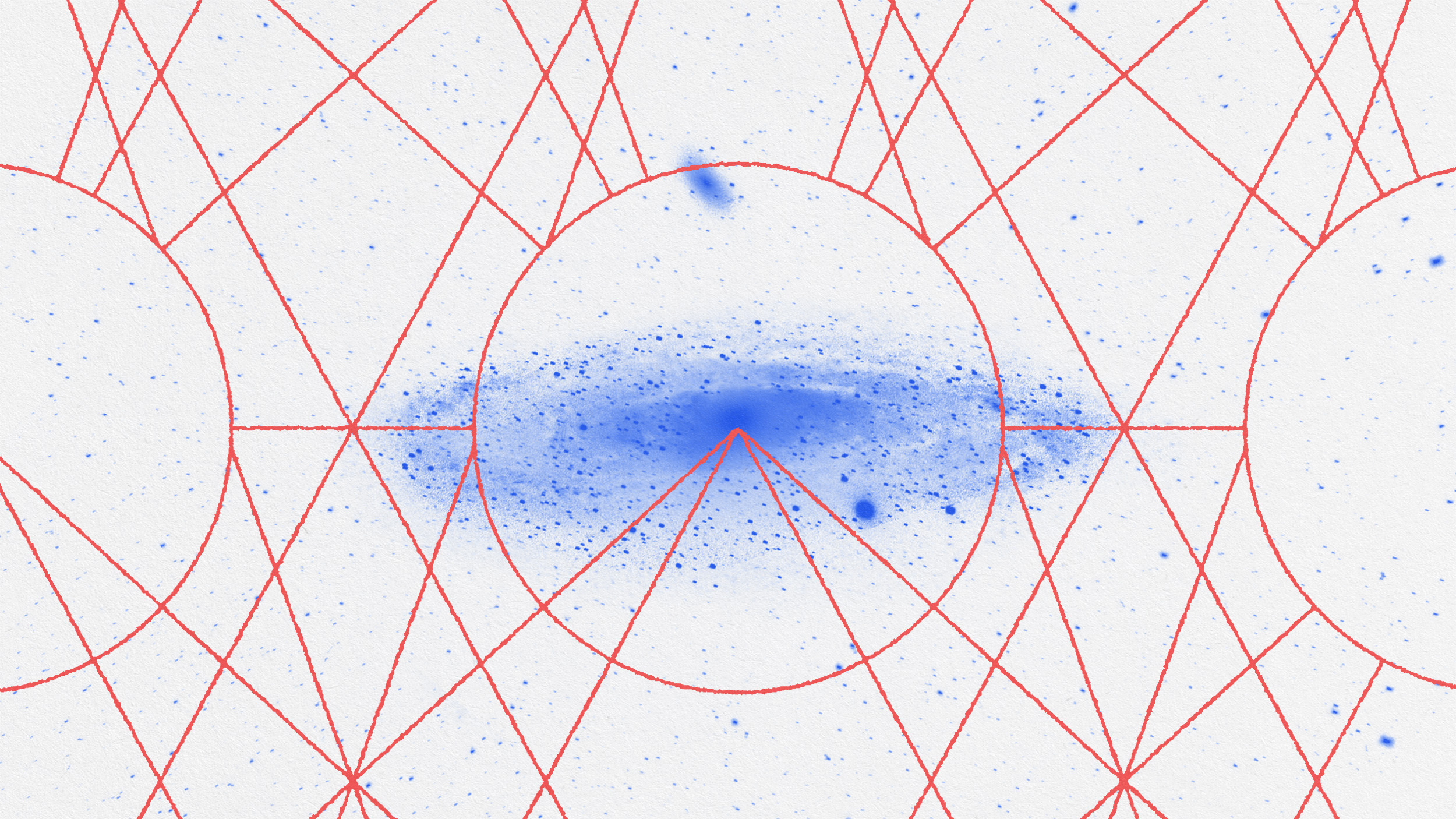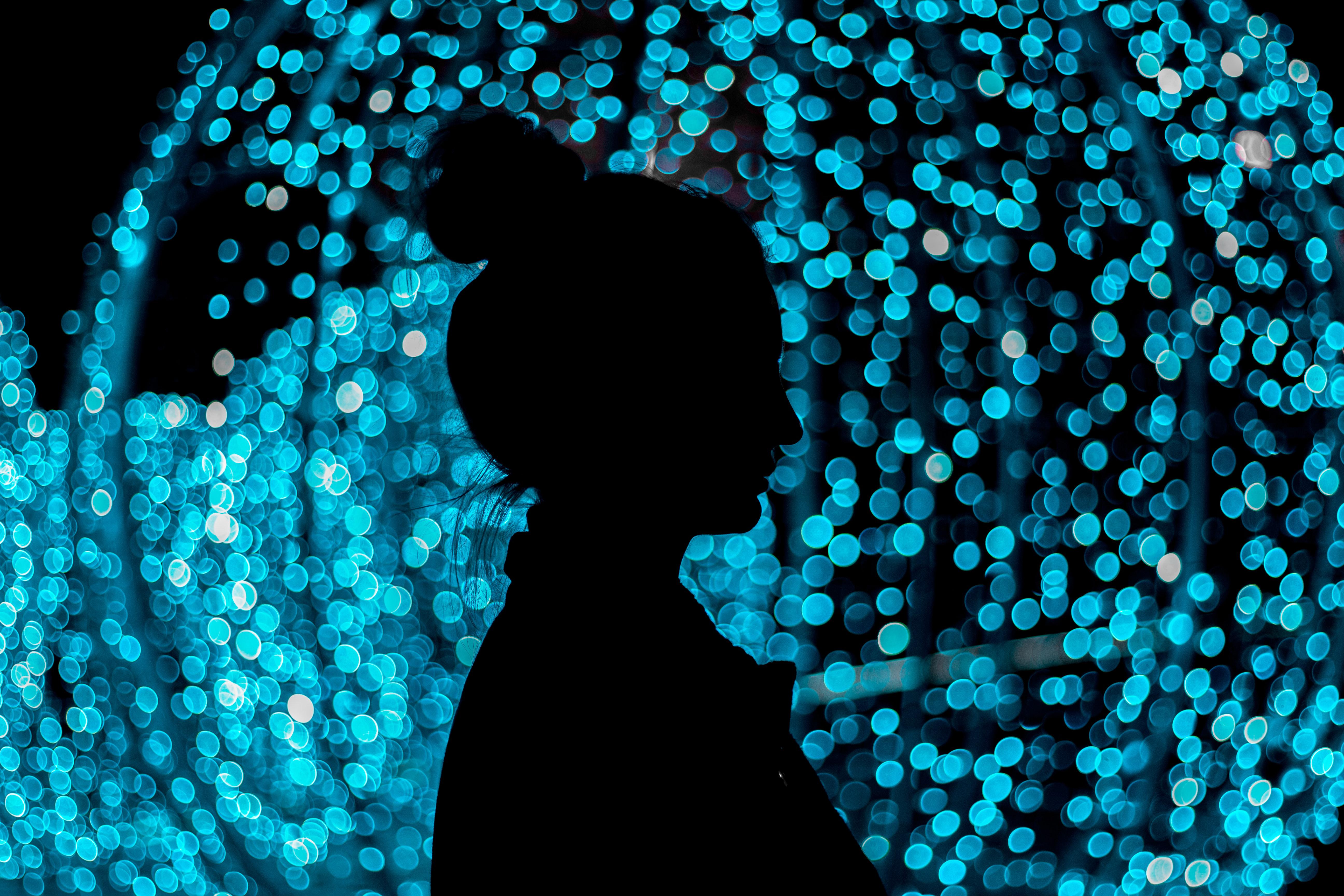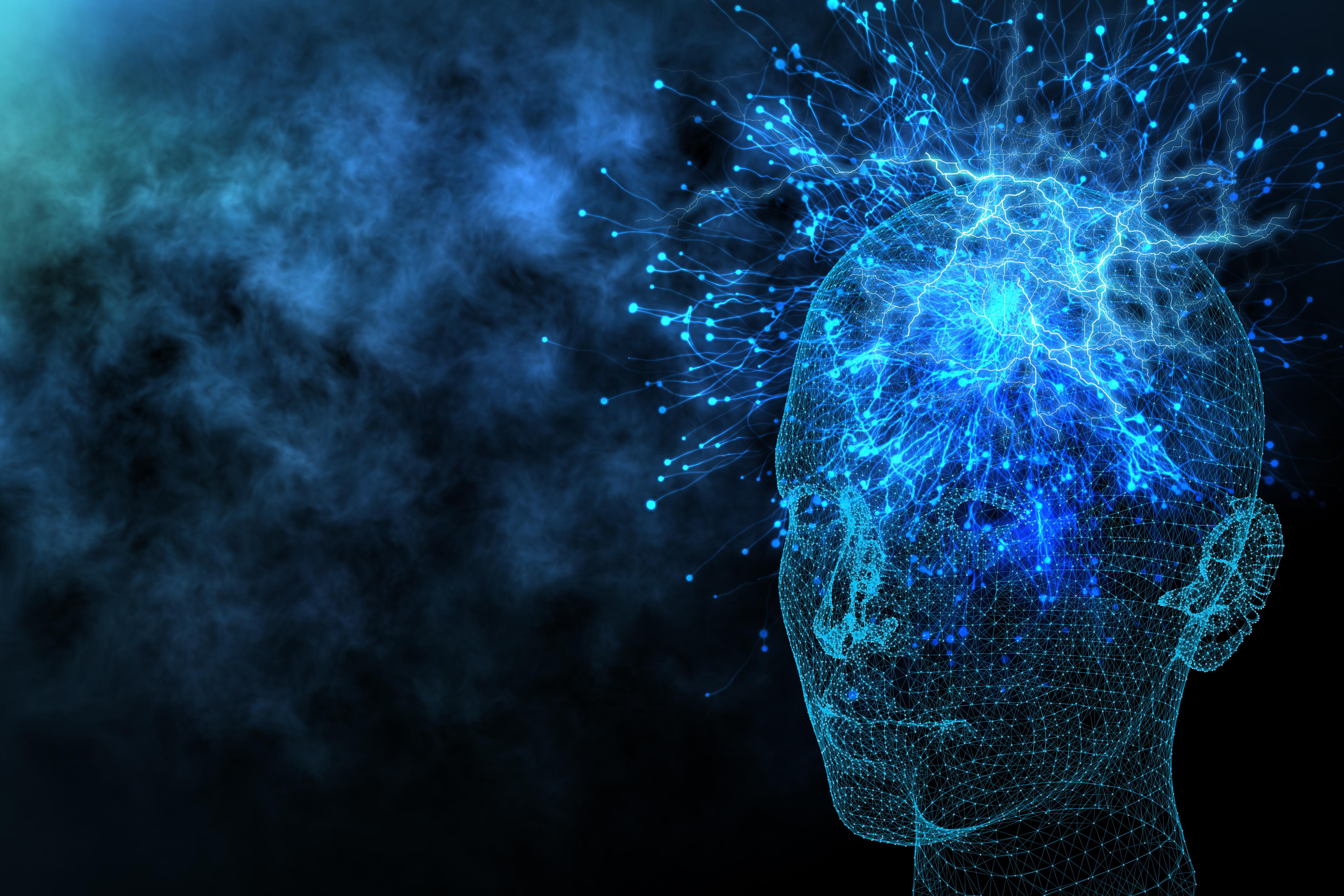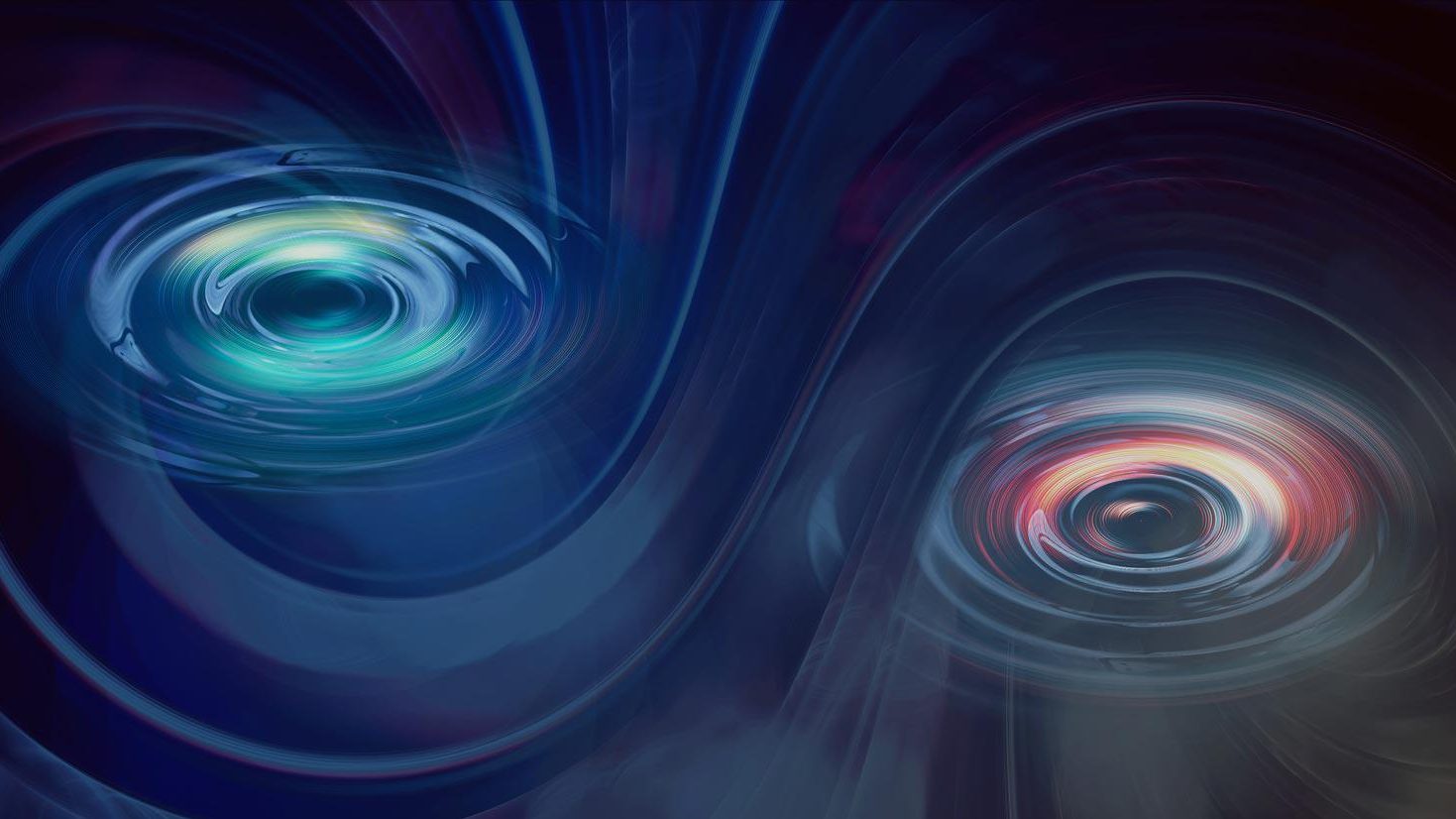Universe works like a cosmological neural network, argues new paper
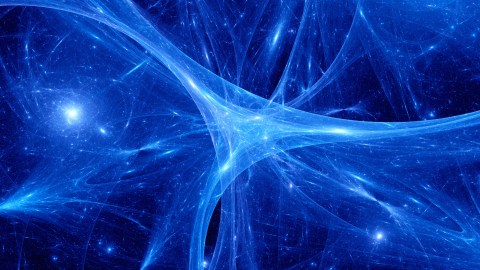
Credit: sakkmesterke
- Physicist proposes that the universe behaves like an artificial neural network.
- The scientist’s new paper seeks to reconcile classical physics and quantum mechanics.
- The theory claims that natural selection produces both atoms and “observers”.
Does the reality around us work like a neural network, a Matrix-like computer system that operates similar to a human brain? A new physics paper argues that looking at the universe that way can provide the elusive “theory of everything”.
This controversial proposal is the brainchild of the University of Minnesota Duluth physics professor Vitaly Vanchurin. In an interview with Futurism, Vanchurin conceded that “the idea is definitely crazy, but if it is crazy enough to be true?”
The scientist developed the theory while exploring the workings of machine learning using statistical mechanics. He found that mechanisms involved in the computer learning were similar in some instances to the dynamics of quantum mechanics.
A computer neural network works via nodes, which mimic biological neurons, processing and passing on signals. As the network learns new information, it changes, giving certain nodes more priority, allowing it to connect bits of information in such a way that next time in will know, for example, what are they key traits of a “zebra”.
“We are not just saying that the artificial neural networks can be useful for analyzing physical systems or for discovering physical laws, we are saying that this is how the world around us actually works,” writes Vanchurin in the paper. “With this respect it could be considered as a proposal for the theory of everything, and as such it should be easy to prove it wrong.”
How do you prove his theory wrong? Vanchurin proposes a way. All you have to do is “find a phenomenon which cannot be modeled with a neural network.” That, of course, isn’t actually so easy to pull off, as Vanchurin himself points out. We don’t fully understand how neural network and machine learning work and need to grasp those processes first.
Big Questions: The Multiverse, Cosmological Neural Networks and “Space Noodles”www.youtube.com
Vanchurin thinks his idea can accomplish another purpose that has been the goal of modern physics – to reconcile classical physics, which describes how the universe works on a large scale, and quantum mechanics, the study of the atomic and subatomic level of existence. The physicist thinks that if you view the universe as working essentially as a neural network, its behavior under certain conditions can be explained by both the quirky equations of quantum mechanics and the laws of classical physics like the theory of general relativity devised by Albert Einstein.
“The learning dynamics of a neural network can indeed exhibit approximate behaviors described by both quantum mechanics and general relativity,” writes Vanchurin in his study.
Diving deeper into his theory, Vanchurin thinks it supports such apparent mechanisms of our world as natural selection. He suggests that in a neural network, particles and atoms, but even us, the “observers” would emerge from a natural-selection-like process. On the microscopic level of the network, some structures would become more stable while some would be less so. The stable ones would survive the evolutionary process, while the less stable ones would not.
‘On the smallest scales I expect that the natural selection should produce some very low complexity structures such as chains of neurons, but on larger scales the structures would be more complicated,” he shared with Futurism.
He sees little reason why this kind of process would only work on just the small scale, writing in the paper:
“If correct, then what we now call atoms and particles might actually be the outcomes of a long evolution starting from some very low complexity structures and what we now call macroscopic observers and biological cells might be the outcome of an even longer evolution.”
While he posits the neural network explanation, Vanchurin doesn’t necessarily mean we all live in a computer simulation, like proposed by philosopher Nick Bostrom, adding the caveat that even if we did, “we might never know the difference.”
Vanchurin’s idea has so far been received with skepticism by other physicists but he is undeterred. You can check out his paper for yourself on ArXiv.
Vitaly Vanchurin – Hidden Phenomenawww.youtube.com
Vitaly Vanchurin speaking at the 6th International FQXi Conference, “Mind Matters: Intelligence and Agency in the Physical World.” The Foundational Questions…

